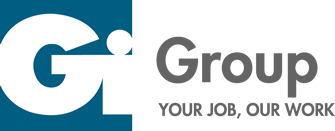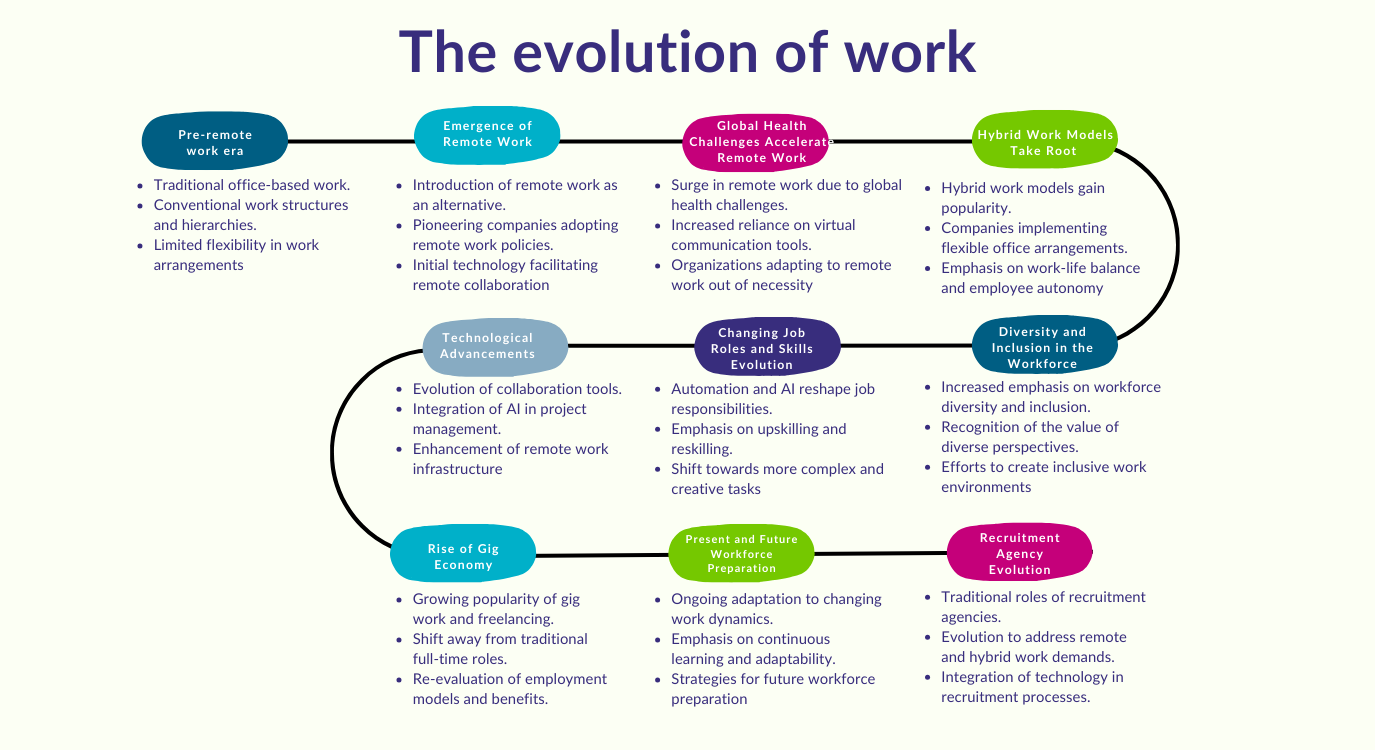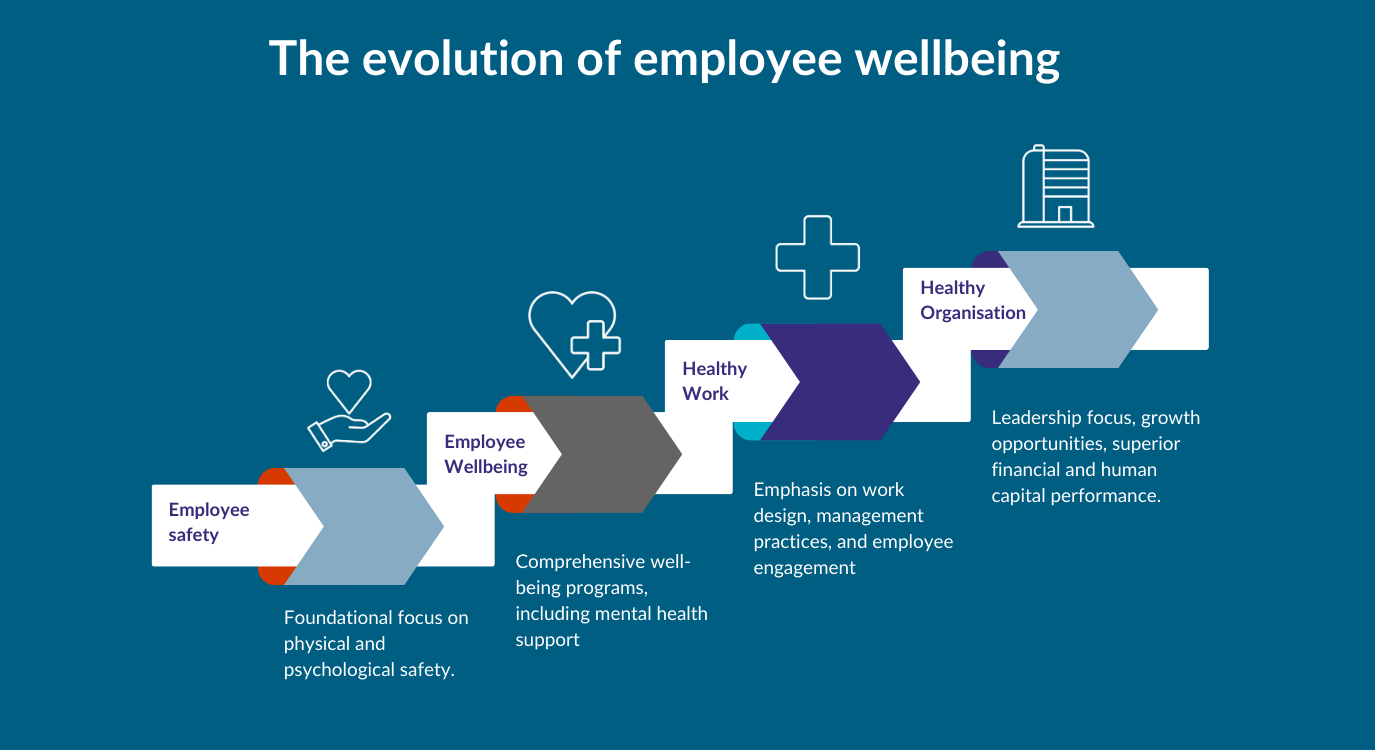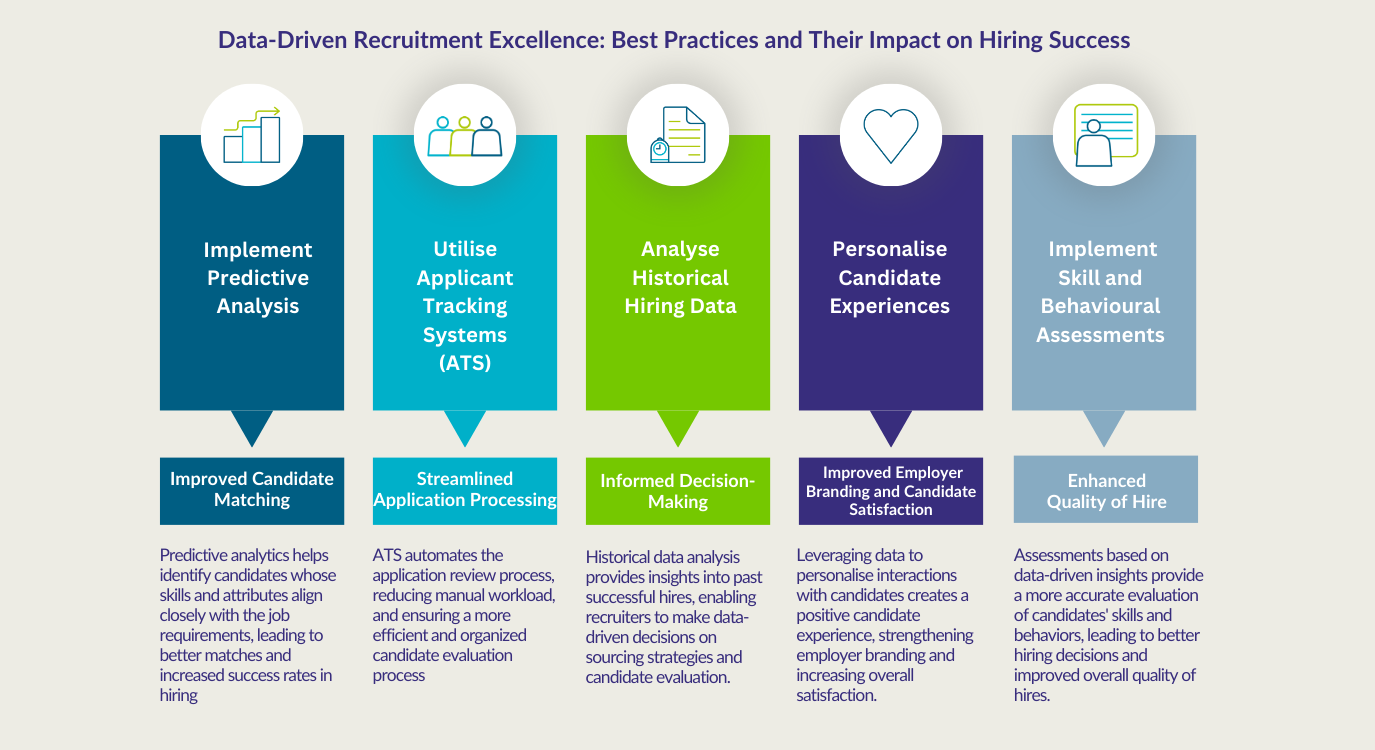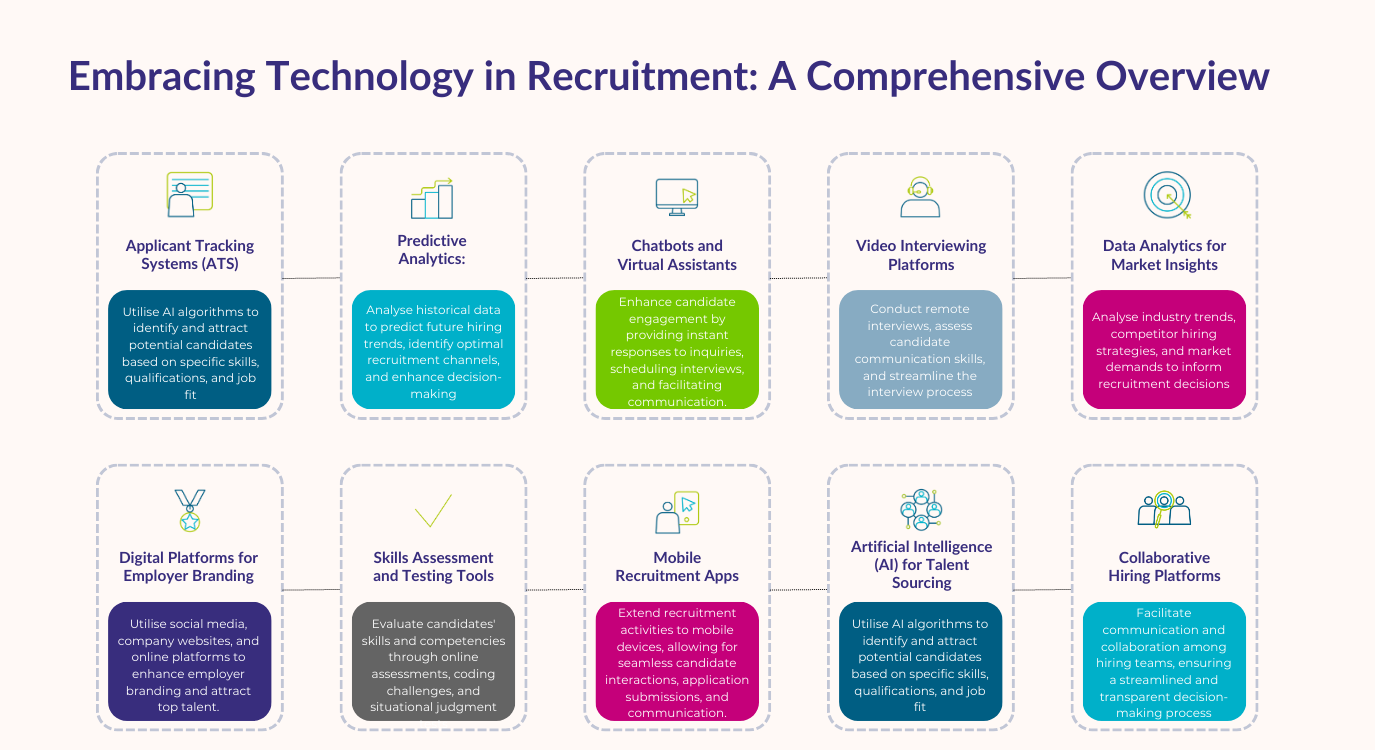
The concept of the ‘future of work’ is a dynamic and evolving phenomenon, reshaping our working lives and the broader job market.
Driven by many aspects including technological change, the rise of remote working, and shifting workforce expectations, this evolution is redefining not just where we work – whether jobs remotely, on-site, or in a hybrid model – but also how we work, the nature of jobs, and the skills required in the workforce.
Key Takeaways
- Embrace Technological Advancements: Stay abreast of digital tools and platforms to enhance recruitment strategies and meet evolving job market demands.
- Adapt to Changing Work Models: Recognise and prepare for shifts towards remote, on-site, and hybrid work environments in talent sourcing and placement.
- Focus on Continuous Learning: Encourage and facilitate ongoing skill development and adaptability in the workforce to remain competitive.
- Prioritise Soft Skills: Acknowledge the growing importance of interpersonal and problem-solving skills alongside technical expertise in candidates.
- Build Strategic Partnerships: Develop long-term relationships with businesses to understand and effectively respond to their changing recruitment needs.
The Emergence of Remote and Hybrid Work
The adoption of remote working has been one of the most transformative trends in recent years. Propelled by global health challenges, remote work has established itself as a viable, long-term option for many workers and businesses. This shift has led to the development of hybrid work models, which blend on-site and remote working, offering unprecedented flexibility and work-life balance.
Transforming Working Lives
The transition to remote and hybrid work models has significantly impacted our working lives. Employees are now seeking greater flexibility and autonomy, leading to a revaluation of traditional work-life balance concepts. However, this transition also presents challenges for a business in maintaining team cohesion, managing remote work policies, and ensuring equitable career progression opportunities for all employees, regardless of their physical work location.
The Role of Technological Advancements
Technological advancements are facilitating this shift to remote and hybrid work. Tools for collaboration, communication, and project management have become more sophisticated, enabling teams to work effectively from various locations. However, this increased reliance on technology also brings challenges, such as the need for robust cybersecurity measures and ensuring digital literacy among all workers.
The Evolution of Job Roles and Required Skills
The future of work is characterised by a significant evolution in job roles and the skills required. Automation and artificial intelligence (AI) are not only automating routine tasks but also creating new roles that demand advanced technical skills. This evolution is less about replacing human workers and more about augmenting their capabilities, allowing them to focus on more complex and creative tasks.
Emphasising Continuous Learning
In the future of work, continuous learning and skill development will be essential. Workers must actively engage in upskilling and reskilling to remain relevant in a rapidly changing job market. For employers, this means providing opportunities for ongoing learning and fostering a culture that values professional growth and development.
The Increasing Importance of Soft Skills
While technical skills are critical, the value of soft skills – such as critical thinking, communication, and adaptability – is becoming increasingly apparent. These skills are essential for effective collaboration, creative problem-solving, and adapting to new challenges and work environments.
The Changing Demographics of the Workforce
The workforce is becoming more diverse and inclusive, bringing a range of perspectives and ideas that drive innovation and creativity. Employers must embrace this diversity and create inclusive work environments where all employees feel valued and are able to contribute fully.
The Rise of the Gig Economy
The gig economy and freelancing are becoming more prominent, with many individuals choosing these paths for their flexibility and autonomy. This trend requires a re-evaluation of traditional employment models and benefits, as more workers move away from conventional full-time roles.
Preparing for the Future
For businesses and recruitment agencies, preparing for the future of work involves adapting to these changes. This means rethinking recruitment strategies, reassessing organisational structures, and revising work policies.
Mitigating Recruitment Risks
As we navigate the future of the working world, organisations (if recruiting internally( and recruitment agencies (if recruiting externally) confront distinct risks, primarily driven by the swift pace of technological advancements and the evolving nature of job roles. To effectively support businesses, businesses and agencies alike must exhibit agility and strategic foresight in talent acquisition, ensuring they equip organisations with a workforce capable of adapting to and overcoming these emerging challenges in an ever-changing employment landscape.
Leveraging Technological Advancements
Organisations must leverage technological advancements in infrastructure and recruitment processes. Utilising AI and data analytics can lead to more efficient and effective hiring, talent management, and workforce planning.
Cultivating a Culture of Flexibility and Innovation
Creating a culture that values flexibility, innovation, and continuous learning is crucial. This culture should support various work models, encourage professional development, and foster an environment where new ideas and approaches are welcomed.
Prioritising Employee Well-being
As work models evolve, prioritising employee well-being is essential. This includes ensuring a healthy work-life balance, providing mental health support, and creating policies that recognize the diverse needs of the workforce.
Research by Josh Bersin delves into the evolving landscape of employee well-being, introducing the concept of “The Healthy Organisation.” In response to the pandemic, companies are transitioning from conventional well-being programmes to a more comprehensive approach that encompasses organisational health.
This progression spans levels, beginning with the foundational focus on Employee Safety, progressing through Employee Wellbeing, and extending to Healthy Work practices. The ultimate goal is the attainment of a Healthy Organisation, where leadership, growth opportunities, and overall company health are prioritised.
Companies at higher levels of this progression consistently demonstrate superior performance in financial metrics, human capital indicators, and innovation. This paradigm shift underscores the imperative for organisations to move beyond traditional well-being strategies and aspire to become fully “Healthy Organisations.” As we navigate the evolving work landscape, prioritising employee well-being in this comprehensive manner becomes increasingly crucial, aligning with the ongoing narrative of adapting to change and fostering a workplace that is not just resilient but thriving.
The Role of Recruitment Agencies in Shaping the Future of Work
Recruitment agencies play a pivotal role in shaping the future of work. They must stay abreast of the latest trends in workforce demands, technological advancements, and changing employee expectations. By doing so, they can provide valuable insights and guidance to businesses looking to adapt to these new realities.
Adopting a data-driven approach allows agencies to provide businesses with precise recommendations, ensuring that their talent acquisition strategies align with the rapidly changing employment landscape. Moreover, recruitment agencies contribute to future-proofing organisations by anticipating skill gaps, fostering a proactive talent pipeline, and facilitating strategic workforce planning. In doing so, they become strategic partners in navigating the complexities of the future of work, empowering businesses to not only adapt to change but to thrive in an environment characterised by innovation, adaptability, and inclusivity.
Adapting Recruitment Strategies
Recruitment agencies need to adapt their strategies to meet the changing needs of the job market. This involves understanding the nuances of remote and hybrid work models, recognizing the importance of soft skills, and identifying candidates who are adaptable and capable of continuous learning.
Fostering Long-term Partnerships
Building long-term partnerships with businesses is key for recruitment agencies. This involves working closely with organisations to understand their evolving needs and providing tailored recruitment solutions that align with their strategic objectives.
Embracing Technology in Recruitment
Recruitment agencies should embrace technology to enhance their services. This includes using AI-driven tools for talent sourcing and selection, leveraging data analytics for market insights, and utilising digital platforms for efficient candidate engagement and communication.
Conclusion
The future of work presents both challenges and opportunities for businesses, workers, and recruitment agencies. By embracing change, focusing on flexibility, and prioritising continuous learning and employee well-being, organisations can navigate this new landscape successfully.
Recruitment agencies, in their role as strategic partners, can provide invaluable support in this journey, helping businesses to attract, retain, and develop the talent they need to thrive in this new era of work. As we move forward, the future of work will continue to evolve, shaped by ongoing technological advancements, changing workforce dynamics, and the collective efforts of all stakeholders to create a more adaptable, inclusive, and innovative working world.
